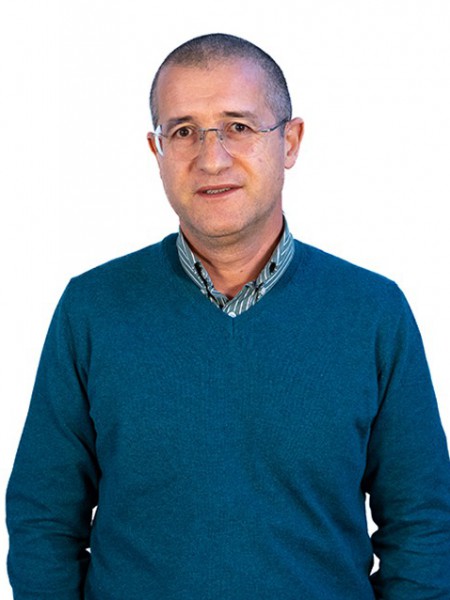resumo
Lipoxygenases (LOXs) are iron- or manganese-containing oxidative enzymes found in plants, animals, bacteria and fungi. LOXs catalyze the oxidation of polyunsaturated fatty acids to the corresponding highly reactive hydroperoxides. Production of hydroperoxides by LOX can be exploited in different applications such as in bleaching of colored components, modification of lipids originating from different raw materials, production of lipid derived chemicals and production of aroma compounds. Most application research has been carried out using soybean LOX, but currently the use of microbial LOXs has also been reported. Development of LOX composition with high activity by heterologous expression in suitable production hosts would enable full exploitation of the potential of LOX derived reactions in different applications. Here, we review the biological role of LOXs, their heterologous production, as well as potential use in different applications. LOXs may fulfill an important role in the design of processes that are far more environmental friendly than currently used chemical reactions. Difficulties in screening for the optimal enzymes and producing LOX enzymes in sufficient amounts prevent large-scale application so far. With this review, we summarize current knowledge of LOX enzymes and the way in which they can be produced and applied.
palavras-chave
PARASITICA VAR. NICOTIANAE; UNSATURATED FATTY-ACIDS; SOYBEAN LIPOXYGENASE; PSEUDOMONAS-AERUGINOSA; MANGANESE LIPOXYGENASE; MINI-LIPOXYGENASE; CRYSTAL-STRUCTURE; LINOLEIC-ACID; WHEAT-FLOUR; MAMMALIAN 15-LIPOXYGENASE
categoria
Biotechnology & Applied Microbiology
autores
Heshof, R; de Graaff, LH; Villaverde, JJ; Silvestre, AJD; Haarmann, T; Dalsgaard, TK; Buchert, J
nossos autores
agradecimentos
The authors wish to thank the ERA-IB funding for the ERA-NOEL project EIB.08.002. The authors also wish to thank the national funding agencies for funding: TEKES in Finland; FCT-Portugal (Fundacao para a Ciencia e Tecnologia) and the Associate Laboratory CICECO in Portugal, DATSI (Styrelsen for Forskning og Innovation) in Denmark, Fachagentur Nachwachsende Rohstoffe e.V. (FNR) in Germany and NWO (Netherlands Organization for Scientific Research) in the Netherlands. The authors declare they have no competing interest.


